Walking
Photo by: Dylan Quesnel
"A midsized car gets a little over half a mile per kilocalorie of energy. A human walking gets 10 miles per kilocalorie. Even if we exclude the cost of the car, the cost of the road, and the cost of the infrastructure we build for fueling, walking is still 20 times as efficient as driving."
— Sep Kamvar
That said, we have inherited an inefficient society.
It's been calculated that the true speed of a car, taking into consideration the time spent working to afford a car and also time spent in traffic to get to work, etc. results in an actual speed of 3 miles/hr or about 5 km/hr — walking speed. This is evident during peak traffic hours by any pedestrian or cyclist on the road in Port-of-Spain.
It's ironic, to walk driving.
Photo by: Kriston Chen
It is estimated that approximately 500,000 citizens or 35% of the population enter the city [Port of Spain] on a typical workday, while at peak times there are approximately 30,000 cars per hour on the roadways.
*Population of Port of Spain (2011 Census): 37, 074
Challenge:
Roads, highways, maxis, fete signs, vendors, sound systems, tyre shops, car honks, parking lots, fast food, sirens, floods in de main road, traffic, micmen, road accidents, East-West corridor, gas stations, alcohol, billboards, wreckers, big trucks, rally races, Carnival, etc. Without a doubt, our culture and the way we see ourselves, is part car.
Encouraging and maintaining a car culture however is costly and crazy. Cars affect society negatively as the population grows — with more cars requiring more roads more parking and so forth. Today we had our 84th road fatality for the year (see more data below). Car culture is an addictive and unrelenting cycle that impacts heavily on our daily lives and costs tax payers money that can be better served — in infrastructure, public health, environment, business, urban planning, etc. Relying too heavily on cars hinders our nation's development, undermining our own capacity as citizens to re-imagine and build better nurturing environments for our children, friends and family.
Imagining a more peaceful, playful, and verdant world.
Concept:
Sticks In De Yard is a community project aimed at growing a network of yards in Trinidad and Tobago where anyone can learn how to walk and dance on stilts.
It began as a side project called #1000mokos, inspired by Trinidad and Tobago's Moko Jumbie — a traditional mas character seen in Carnival. It's a project that blurs the boundaries of traditional mas with community, by introducing stilt-walking to the public. It's a call to walk and re-imagine a more walking-friendly community.


